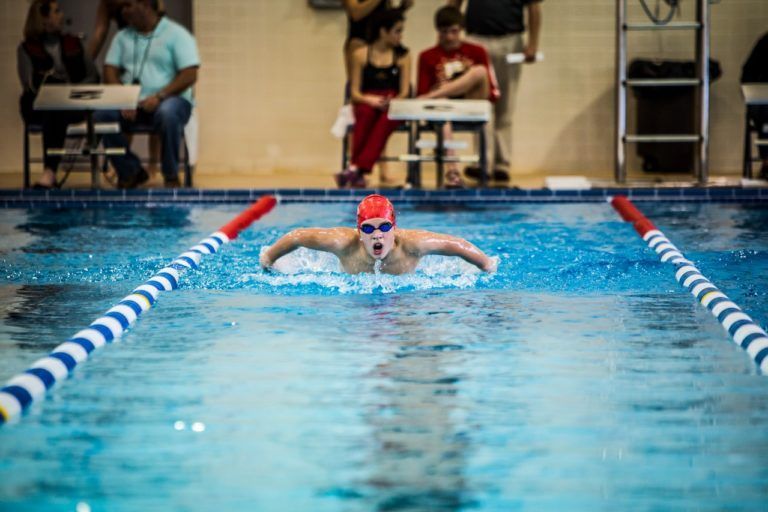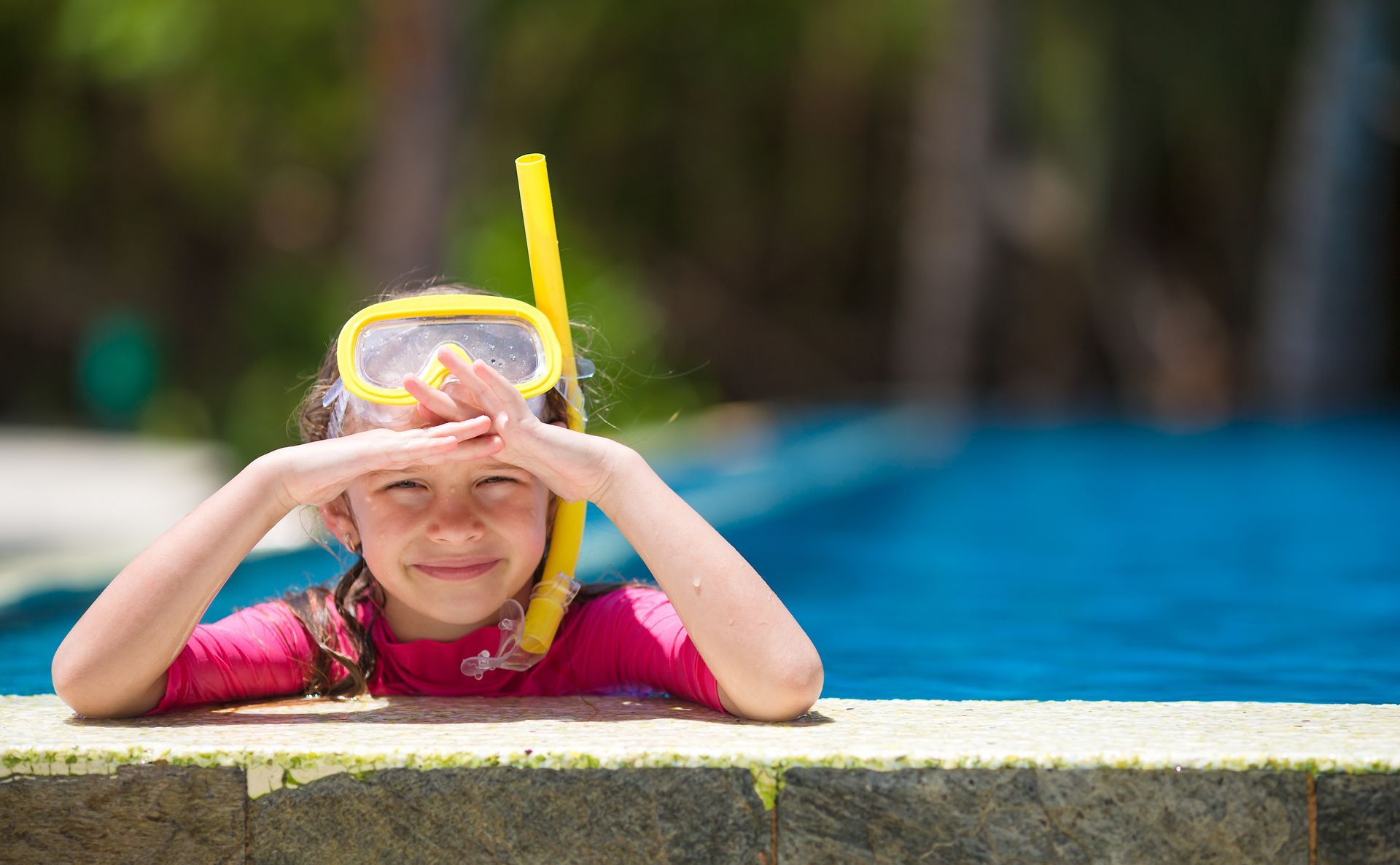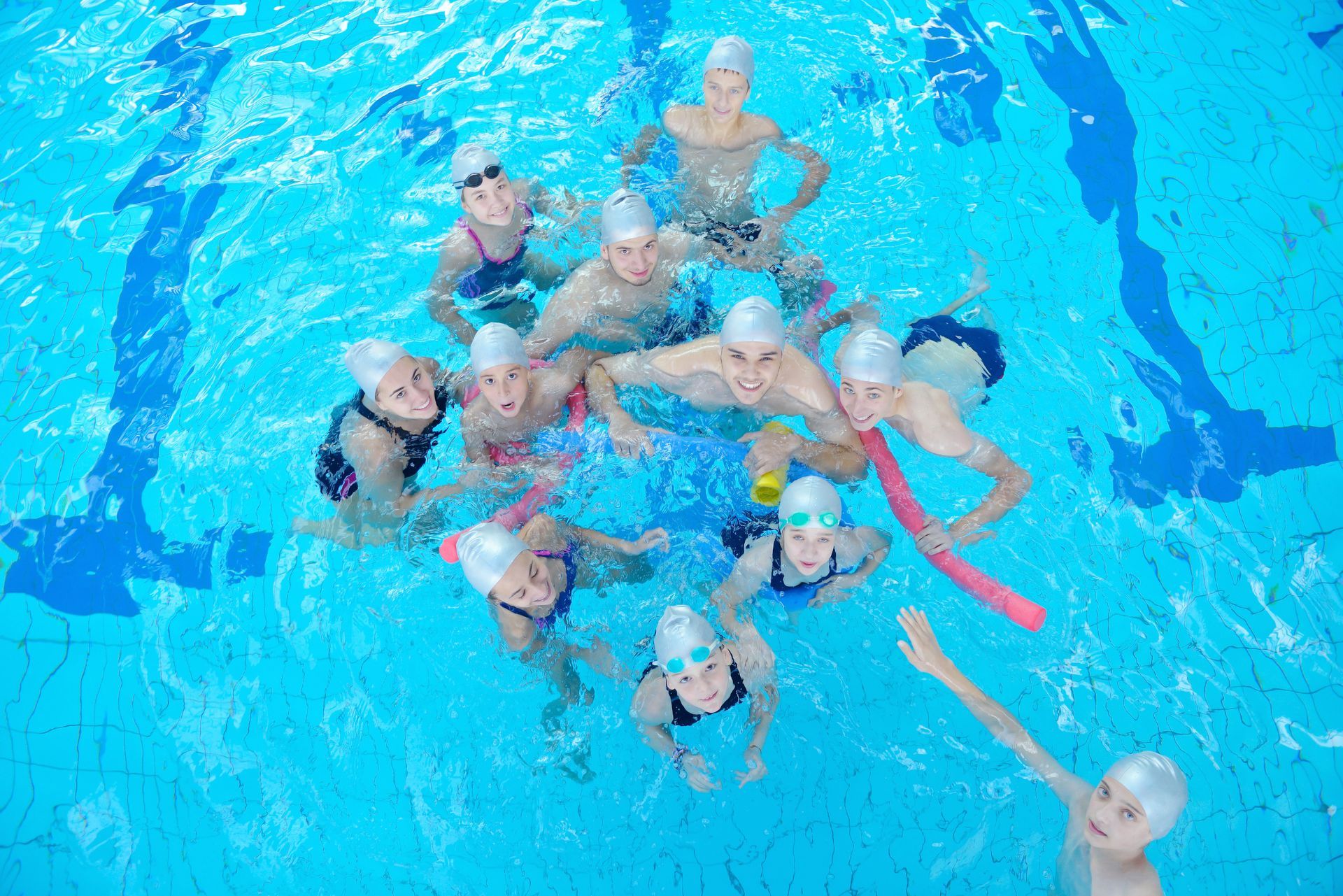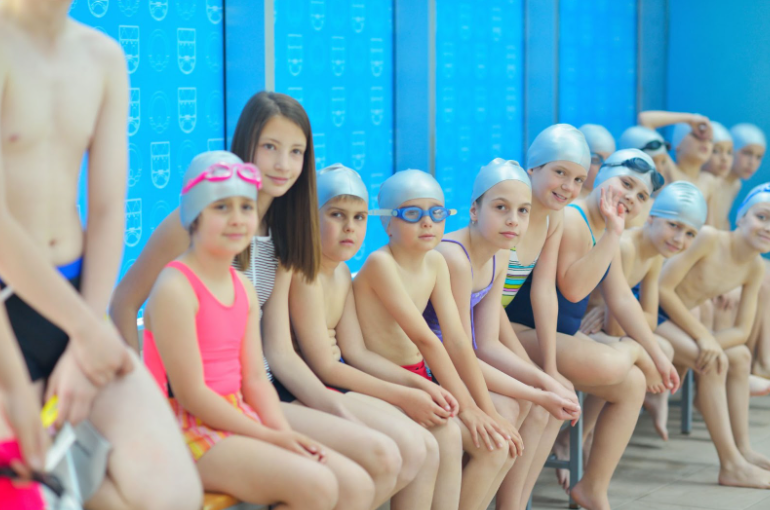Common Beginner Swimming Mistakes and What to Do about Them

So you’ve decided you want to start swimming. If you’re new to swimming, there’s probably a whole lot about it that you don’t know. Sure, you may have a pretty good idea of how it generally works, but for most people that’s entirely different from actually doing it. You’re bound to make at least a few mistakes, as you would be with anything you’re trying for the first time. Some mistakes are especially common to people who are just starting out with swimming.
Holding Your Breath Underwater
It’s no secret that you can’t breathe underwater. That leads a lot of beginners to hold their breath when their head is underwater. While you certainly shouldn’t breathe in while you’re underwater, it’s not good to just hold your breath either. You can, and should, exhale while you’re underwater. This helps you work on your breath control, which is especially important for swimmers. Practice breathing on dry land before you hop in. Take a deep breath in through your mouth and hum as you slowly exhale. This helps you finetune the pacing of your breath and gets you used to the sensation of breathing deeply through your mouth and slowly exhaling through your nose.
Letting Your Hips Sink
Swimming isn’t easy. It takes work, and a lot of it, especially when you’re first starting out. The level of awareness you have of your body may not quite be there yet, and your technique probably isn’t perfect yet either. This can lead to new swimmers allowing their hips to sink in the water. That increases drag, which makes swimming more difficult than it needs to be and increases your risk of getting injured. It’s especially common for the hips to sink if you’re raising your head to breathe instead of turning it to the side. To help your hips and legs stay properly positioned and to get used to that feeling, try swimming with a snorkel. This eliminates the need to change your head position to breathe at all and helps you put more focus on your body’s position in the water.
Not Finishing Your Stroke
Just as following through is important for sports like soccer, baseball, and football, finishing your stroke completely is important for swimming. If you pull your hands and arms out of your strokes too early, you’re losing out on some of the power and energy you could be generating. To fix this, focus on moving through each and every stroke completely before moving on. Your arms should reach back to your hips before pulling them out of the water to begin your next stroke.
Everyone makes mistakes when they start swimming. Yes, even famous Olympic swimmers like Michael Phelps probably made a few. This is part of why swimming lessons are so valuable. When you take lessons, you are able to not only get valuable instruction, but also important feedback on how you’re executing the techniques you’re being taught. That can lead to faster improvements and safer swimming, all of which are especially important to beginner swimmers.
Here at SwimJim, we believe that it’s never too late to start learning how to swim! Click here to learn about the adult swim programs SwimJim offers today!
The post Common Beginner Swimming Mistakes and What to Do about Them appeared first on Swim Jim.







